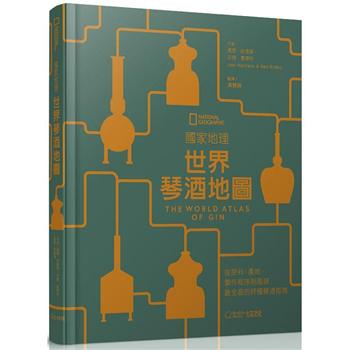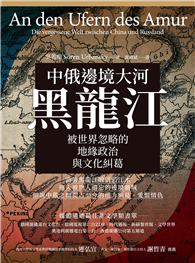This shortform book tells the research story of cultural management, helping scholars to analyse and combine theoretical models into an approach of their own.
Cultural management emerged and developed out of the field of arts management in the 1980s, which imported managerial techniques and assumptions from mainstream commercial business into the arts. In the late 1990s, the field integrated entrepreneurial approaches to management in the creative industries before adapting to a new model, based on user experiences and co-creation. These historical phases are theorised respectively as cultural management 1.0, cultural management 2.0 and cultural management 3.0. Yet they also overlap. Bringing together theories of management and creativity, this book enables scholars to get a grip on the underlying assumptions and conditions which lie behind an eclectic and evolving field.
The author, an established expert in this field, empowers scholars and reflective practitioners to develop their own approach to cultural management, drawing on the available approaches, and to recognise that successful cultural management is contingent on understanding the context (organisational and personal) within which these models will be applied.












